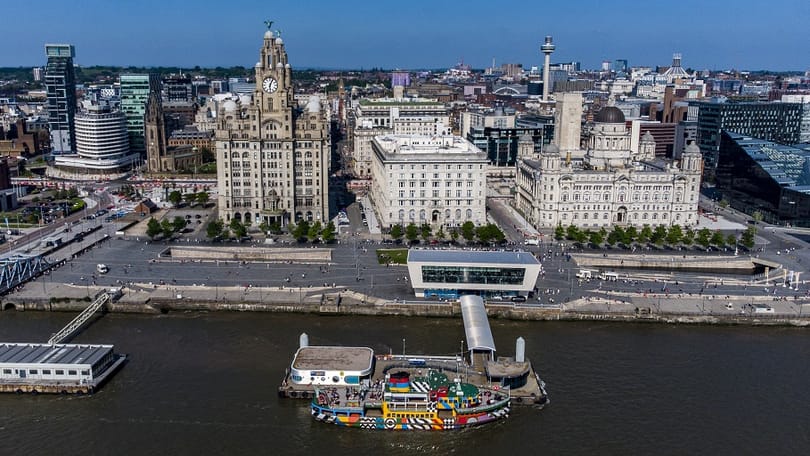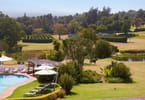- UNESCO has strips Liverpool of its World Heritage Status.
- Liverpool’s waterfront had been damaged by redevelopment of the city’s derelict waterfront areas.
- Liverpool was granted the coveted status in 2004 in recognition of its history as a trading hub during the British empire, and for its architectural landmarks.
At today’s meeting of its World Heritage Committee, the Nationstù Na-ahụ Maka Mmụta, Sayensị na Ọdịbendị nke Mba Ndị Dị n'Otu (UNESCO) concluded that Liverpool’s waterfront had been damaged by a £5.5-billion ($7.48 billion) redevelopment of the city’s derelict waterfront areas and the building of a £500-million ($680 million) stadium on the site of the old Bramley-Moore Dock.
Therefore, UNESCO has stripped Liverpool of its World Heritage Status “due to the irreversible loss of attributes conveying the outstanding universal value of the property,” caused by the redevelopment of the city’s docklands and the construction of a waterfront football stadium.
UNESCO announced its decision to delist Liverpool in a statement posted to its website.
Liverpool called the decision to remove its status as “incomprehensible,” arguing that the “World Heritage site has never been in better condition” due to the hundreds of millions invested throughout the city.
Despite Liverpool’s protestations, UNESCO says it had warned Liverpool in 2012 that its status was at risk of removal if it proceeded with planned waterfront developments. However, the city chose to go ahead with its building projects regardless of the risk to its World-Heritage-site title.
Liverpool was granted the coveted status in 2004 in recognition of its history as a trading hub during the British empire, and for its architectural landmarks. When awarding the city its title, UNESCO specifically referenced the docklands, which had played a significant role throughout the 18th, 19th and 20th centuries.
The decision to delist Liverpool makes it the third city to lose its status, alongside the Elbe Valley in Dresden, following the construction of a four-lane bridge across the landscape, and the Arabian Oryx Sanctuary in Oman, after it reduced the size of its protected area by 90%.
IHE Ị GA-Ewepụ na edemede a:
- The decision to delist Liverpool makes it the third city to lose its status, alongside the Elbe Valley in Dresden, following the construction of a four-lane bridge across the landscape, and the Arabian Oryx Sanctuary in Oman, after it reduced the size of its protected area by 90%.
- Therefore, UNESCO has stripped Liverpool of its World Heritage Status “due to the irreversible loss of attributes conveying the outstanding universal value of the property,” caused by the redevelopment of the city's docklands and the construction of a waterfront football stadium.
- Liverpool was granted the coveted status in 2004 in recognition of its history as a trading hub during the British empire, and for its architectural landmarks.























